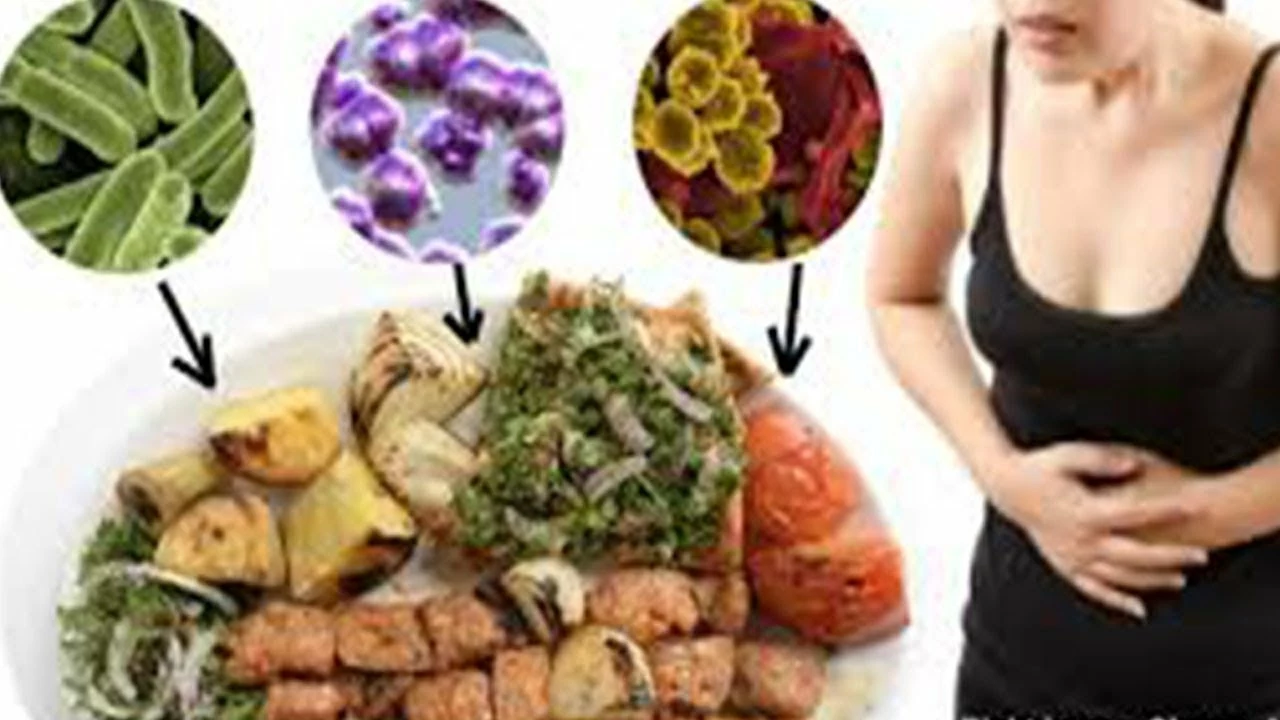Gastroenteritis: What You Need to Know
Gastroenteritis might sound complicated, but it's basically a stomach bug that causes upset tummy, diarrhea, and sometimes vomiting. It hits quickly and usually clears up in a few days, but it can really knock you off your feet. The good news? Most cases are mild and you can manage them at home with some simple care.
Typically, gastroenteritis is caused by viruses like norovirus or rotavirus, and sometimes bacteria or parasites get involved. You catch it by touching contaminated surfaces or food, or by being around someone who’s sick. It spreads fast, especially in places like schools or nursing homes.
Spotting the Symptoms
Watch out for sudden diarrhea, stomach cramps, nausea, and sometimes fever. You might feel super tired and lose your appetite. These symptoms usually start within a day or two of catching the bug. For kids and older adults, staying hydrated is the top priority, since dehydration is the biggest risk.
How to Bounce Back Quickly
Rest up and drink plenty of fluids — water, clear broths, or oral rehydration solutions work best. Avoid sugary drinks and caffeine because they can make diarrhea worse. Stick with bland foods like toast, rice, and bananas once you feel ready to eat. Most importantly, keep your hands clean and disinfect surfaces to stop it from spreading.
If symptoms hit hard or last more than a few days — like bloody stools, high fever, or signs of dehydration such as dizziness or dry mouth — it's time to check in with a healthcare provider. For most people, though, a few days of rest and care will get you back to normal without medicine.
Knowing the basics can help you handle gastroenteritis without panic. Keep these tips in mind so you’re ready if that “stomach flu” ever comes knocking.

